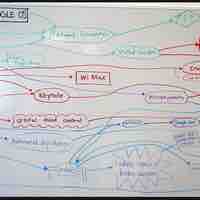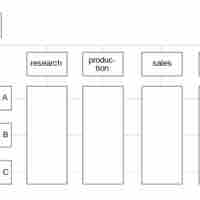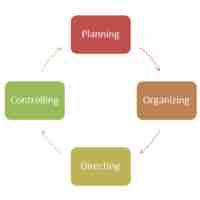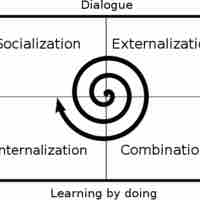Section 2
Functions of Managers
By Boundless

Planning is the most fundamental of the five management functions; without it, none of the other functions can be carried out effectively.

Managers must organize to see their plans to fruition, thus assigning tasks to individuals and arranging them in an framework that allows decision making.

The managerial responsibility of staffing is an involved process of hiring, training, compensating, positioning, and assessing team members to enable operational success.

Certain leadership competencies help people become effective leaders; successful team leaders follow planning and implementation processes.

Organizations use knowledge management to identify, create, represent, distribute, and enable strategy and process.
Controlling is a core managerial function defined by observing and optimizing operational processes.
Customer experience management focuses the operations and processes of a business around the need of the individual customer.